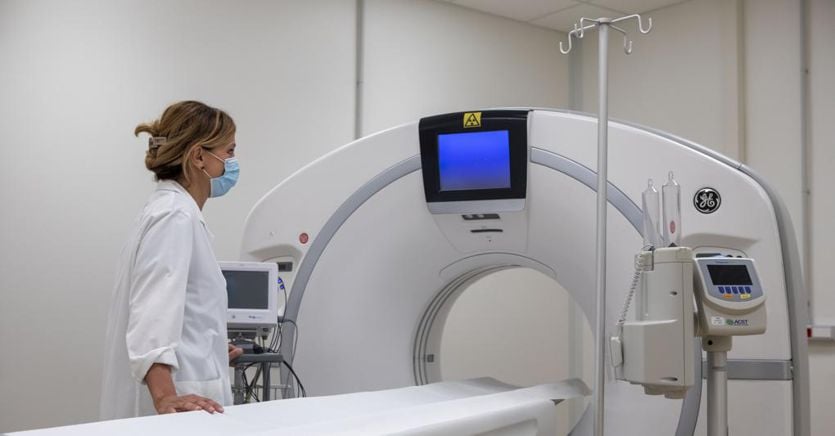Listen to the audio version of the article
The debate between policy makers and technicians on the subject of health has often focused on the values underlying the organization and management of public health systems. The right to health is recognized, in our country, as an inalienable right of the individual, regardless of his economic and contributory situation, and is supported by the State which is committed to guaranteeing citizens equal access to health services. This debate, however, must not divert attention from the elements that determine the effectiveness of treatments today, among which the ability to adopt and support innovative solutions resulting from clinical research stands out.
Advanced technologies for the quality of care
Just think of the latest generation imaging techniques, which offer a more accurate and timely diagnostic capacity, of the robotic systems and minimally invasive techniques that reduce surgical trauma, increase precision and accelerate healing. This is why, in rethinking our healthcare system, it is essential to recognize the link between advanced technology and quality of care and to be aware of the necessary investments. In this context, there are two new elements: 1) Huge investments are expected in the coming years thanks to the funds of the Recovery and Resilience Plan, intended for innovation and technology; 2) The adoption of artificial intelligence solutions in the healthcare sector brings with it the prospect of decisive advantages in terms of precision, speed, personalization and optimization in care and also promises to achieve important progress in the delicate balance between quality of care and use resource efficient. However, the introduction of AI involves significant challenges, especially linked to the risks resulting from the use of algorithms and predictive models, which must be managed to ensure the safety and effectiveness of treatments. This requires an Italian and European regulatory system and an equitable distribution of funds among the structures that participate in the provision of health services.
The case of the Gemelli Polyclinic
However, the Pnrr funds will be allocated only to public bodies, resulting in an unbridgeable gap with accredited private structures, especially non-profit ones. The latter, while using these technologies to assist NHS patients, do not have, due to their non-profit nature, the huge resources necessary for investments in such innovations. Operating with reimbursement rates that have not been updated for years, in the face of growing inflation and increased of operating costs, they find themselves facing fragile economic balances that make it impossible to sustain the necessary investments without adequate external financial support. The Policlinico Gemelli case appears emblematic. It is a non-profit structure accredited by the Lazio healthcare system which reinvests every economic resource generated by management in the hospital. Faithful to its non-profit nature, the Gemelli Polyclinic carries out its healthcare mission by responding to every patient care need, regardless of any consideration of economic convenience. This approach translates into accessible and high-quality care for the population, reflecting a conception of health as a universal right and care as an act of charity towards the suffering person. With over 95,000 hospitalizations and 10 million outpatient services per year, Gemelli is consistently recognized at the top among Italian hospital institutions, is considered the 38th best hospital in the world by the Newsweek rankings and is accredited according to the quality standards of the Joint Commission International .
Exclusion from PNRR funds on technologies
Despite the undeniable contribution to the NHS, Gemelli is excluded from the possibility of accessing the funding provided for technological innovation and none of the 3,133 major diagnostic and therapeutic technologies envisaged by the Pnrr are intended for the structure. In the perspective of developing a health system on a universal basis, it appears unreasonable to exclude Gemelli, like other structures belonging to the private non-profit sector, from the possibility of accessing – naturally on a competitive basis – funding to support technological innovation, because they participate in a decisive way to the commitment to make the public health system better, fair and efficient for everyone. Investing in health means investing in the most precious of goods, human life, and in a future in which every individual can enjoy the right to health in a more complete and equitable manner. It is a responsibility that we believe involves a critical review and fair rethinking in the distribution of funding, with a process guided by an open and constructive dialogue between all stakeholders, supported by a clear strategic vision and the desire to pursue an increase in the quality of care throughout the national territory
* General manager
** Technical Director, ICT and Innovation
Agostino Gemelli University Hospital Foundation IRCCS
